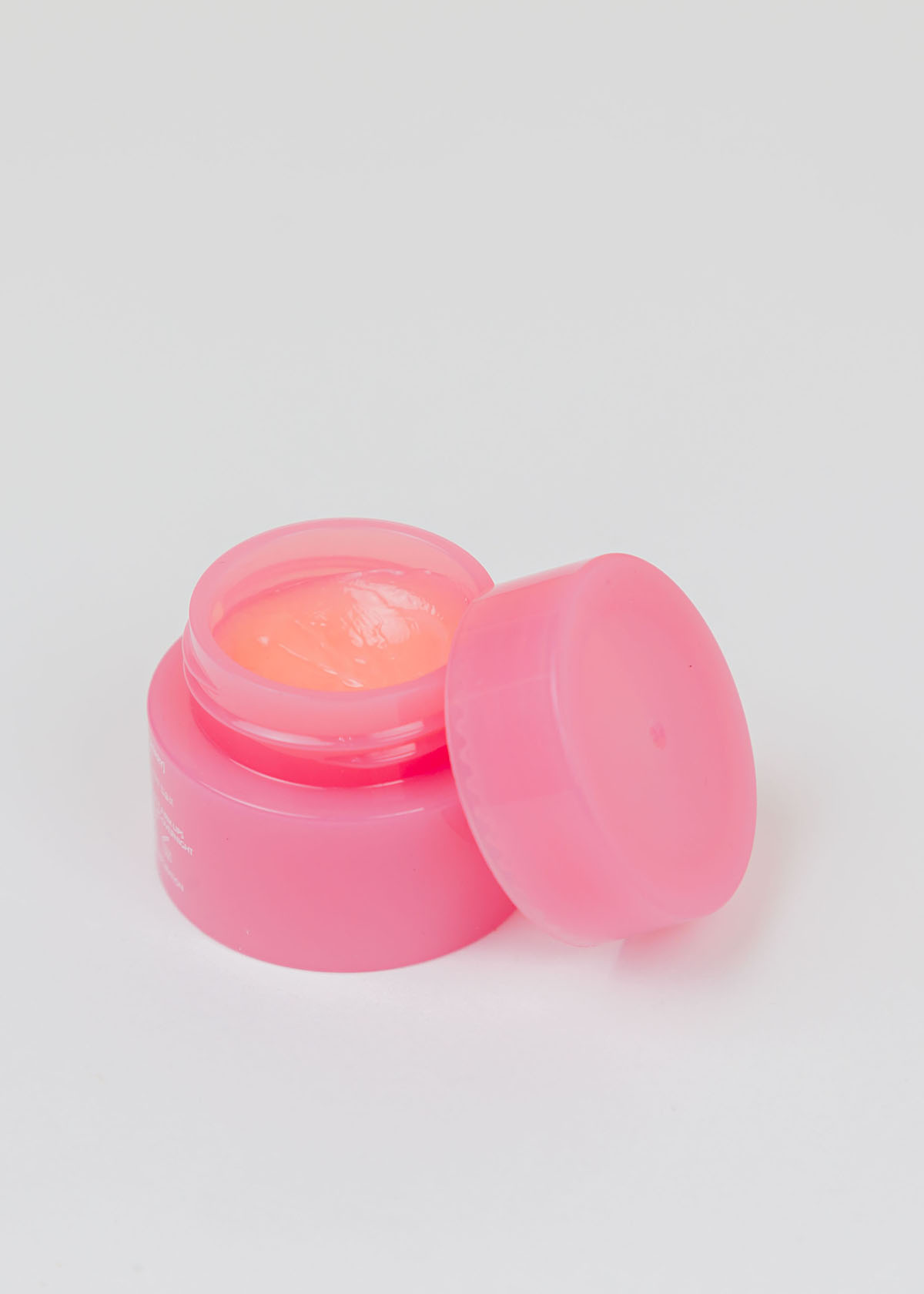Woe to every person who finds out how utterly unsustainable almond farming (and in turn, almond milk) is. Sometimes it feels like even when you try to do something good for the environment—like switching to dairy alternatives—capitalism says “no, no, no” and wags a smug finger in your face. And while I hate to rain on anyone’s parade, today we’re going to focus our lens on a hot-button topic—the CBD industry.
Now, I’m not saying that the cultivation of CBD products is inherently bad but, as it is with any other product, there are red flags and green flags to look out for when it comes to how your favorite feel-good goodie is made. I reached out to eco club directory member, CBD brand Floramye, for their take and managed to come up with a crash-course rundown of all things CBD and sustainability. Time to edumacate yourselves, folks.

how CBD is grown
At some point in the farming industry, quantity over quality became king. As companies focused more on profit margins than sustainability, they continued to experiment with different ways to extend the harvest period and output of their goods (don’t even get me started with corn). Within the CBD industry, that practice most commonly manifests as greenhouse-grown hemp.
Greenhouse-grown hemp uses an exponentially higher amount of energy and water than its ground-grown counterparts. In fact, the sustainability of hemp grown in the ground may surprise you. The plant itself is durable, and its deep roots draw water from below the topsoil—which in turn preserves the mineral balance of the land it’s grown on. Hemp has a fairly quick turnaround rate of growth—meaning it already has a higher rate of yield than crops like pumpkins—and takes up less land since the timeline from growth to harvest is relatively short.
Organically, sustainably-grown hemp is vital to ecosystem preservation, as well as the prevention of negative over-farming byproducts like soil erosion, waste run-off, and excessive resource consumption. Organic farming practices are also invaluable because hemp is a bioaccumulator (that just means it soaks up everything, good and bad); shopping for organically grown CBD helps you to avoid the possibility of ingesting pesticides used in non-organic practices.
how CBD is processed
If you’ve ever made a cursory investigation into CBD and its benefits, you may have run into the terms “isolate” and “full spectrum.” While the differentiation of benefits is another conversation in and of itself, all you need to know today is that full spectrum CBD is less processed than its isolate counterparts. Goodies that contain isolate CBD run the risk of being processed with harmful substances like pentane, which is a chemical solvent.
In a similar, but not identical vein, I am all about cruelty-free practices. Any company you’re considering buying from should be transparent about where they get their CBD hemp from, whether it’s been tested on animals, and whether their CBD is lab-tested for potency and purity (hint: it should be).
how it’s packaged
When it comes to packaging, I feel like we’re all fairly familiar with the drill—aim for sustainable, recycled/recyclable materials (compostable is even better), and avoid plastic as much as possible. Containers made out of materials like glass are not the most ideal, but can be repurposed at the very least.
As is with anything you buy, just use your best judgement. We can’t always honor our desires to practice a sustainable lifestyle because all the options are unsustainable sometimes. But every opportunity taken to be more eco-friendly is better than none.
And with that, my newly-educated friends, I think it’s time to wrap up this lesson on CBD. Just as much as there are “bad” CBD companies, there are good. The information, and accessibility to knowledge of growth practices for any company you’re interested in, should always be readily available. And if you aren’t sure about something, just ask!
If this blog has piqued your interest in the CBD industry, keep an eye out—we may or may not be coming out with a list of sustainable CBD brands you should know. *wink*
your two cents